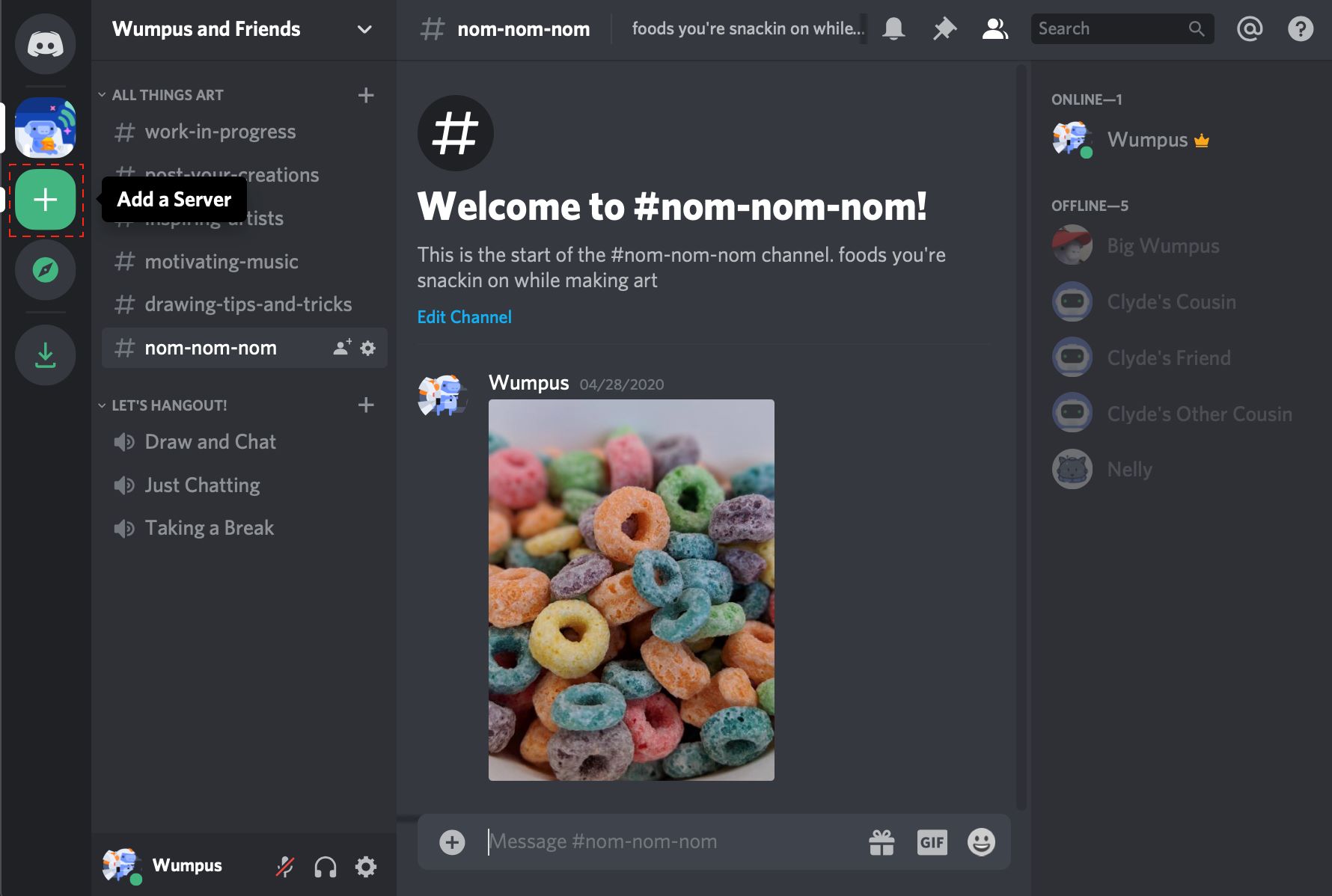YouTube has recently announced an update to its advertiser-friendly guidelines, loosening its rules pertaining to controversial subjects such as sexual and domestic abuse, abortions, and eating disorders. The platform now allows creators to monetize their videos that discuss these topics, as long as they do not go into explicit or graphic detail.
Key Takeaway
YouTube has relaxed its advertiser-friendly guidelines, allowing creators to monetize videos that discuss controversial topics without explicit or graphic content. The changes also apply to eating disorder content, aligning YouTube’s guidelines with its existing community guidelines. This update follows YouTube’s earlier revision of profanity rules, which caused a backlash from creators. YouTube aims to improve communication with creators when implementing policy changes.
Understanding the Changes
Conor Kavanagh, YouTube’s monetization policy lead, revealed in a video on the Creator Insider channel that the platform recognizes the value of videos that address these sensitive issues and provide useful resources to users. YouTube aims to ensure that these topics are not penalized by demonetization, as long as they are discussed in a non-descriptive and non-graphic manner.
Furthermore, YouTube acknowledged the concerns raised by certain creator communities who felt unfairly targeted by demonetization due to their discussions of controversial topics. To address these concerns, YouTube has adjusted its guidelines accordingly.
Changes to Eating Disorder Content
In the specific case of eating disorder content, YouTube intends to align its advertiser-friendly guidelines with the existing YouTube community guidelines. Videos that promote triggers like bingeing, hiding or hoarding food, or abusing laxatives will not be eligible for monetization. However, educational, documentary, and survivor content that references these aspects of eating disorders without actively promoting harmful activities will still be allowed for monetization.
It is worth noting that YouTube’s policy on eating disorder content has undergone revision after being scrutinized by U.S. lawmakers. Executives from YouTube and other social media companies, including TikTok and Snap, were questioned about how their platforms handle such sensitive content.
Creator Feedback and Previous Changes
This recent update follows YouTube’s earlier relaxation of advertiser-friendly guidelines concerning the use of profanity in videos. The previous rules received criticism from creators, prompting YouTube to make adjustments. The platform found that its new profanity rules were too strict, consequently allowing creators to use moderate and strong profanity without risking demonetization.
Previously, videos featuring profanity within the first 15 seconds were ineligible for monetization. With the policy rollback, creators are now eligible for limited ads if profanity appears within the first seven seconds or throughout the video. Videos with moderate profanity can be monetized regardless of where in the video the terms are used.
Kavanagh emphasized that YouTube values the feedback provided by creators. The company aims to improve communication by not only posting updates in the log but also explaining changes through videos like the one by Kavanagh himself.

























